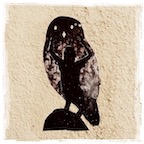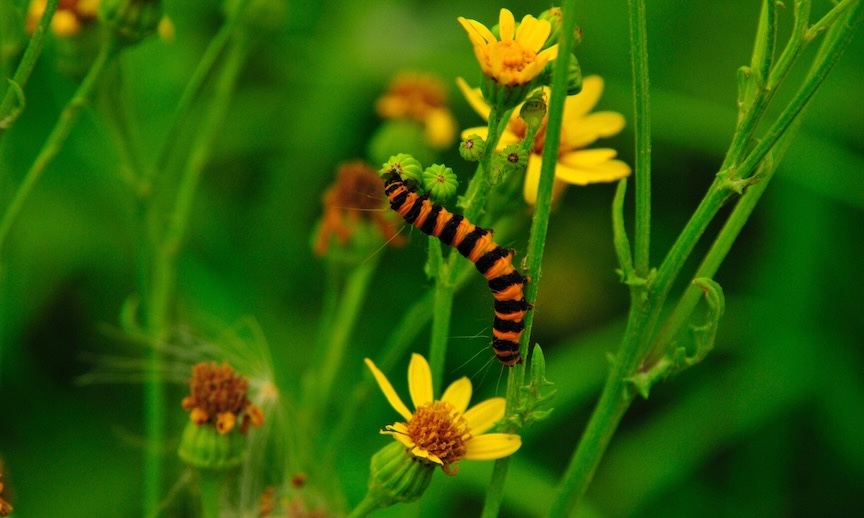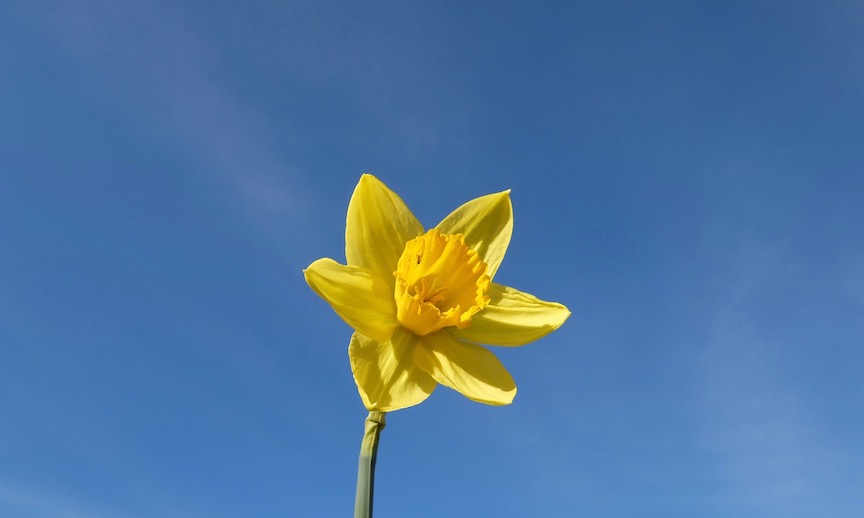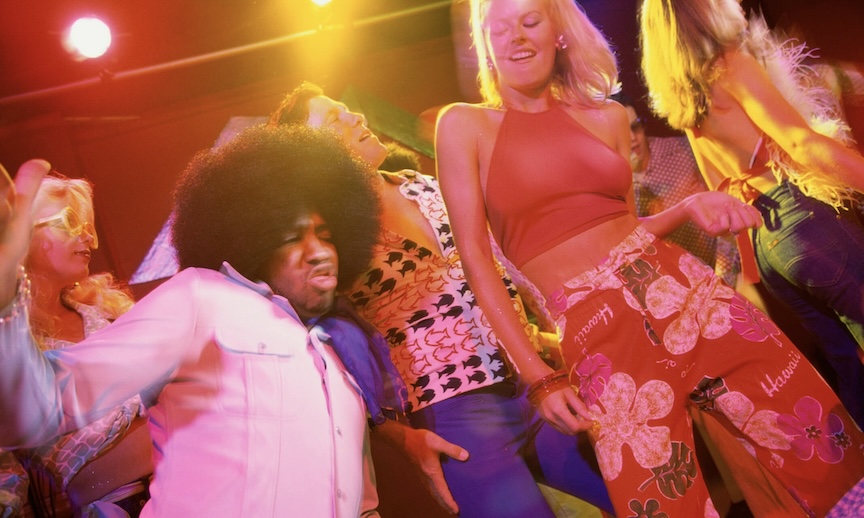WIGGLE ROOM
I don’t know where I heard this metaphor about grief: that it’s like a ball in a box with a button inside.
The button is an emotional “trigger.” When loss is fresh and raw, it’s as if the ball and box are nearly the same size, so our trigger button gets punched with nearly every jostle, every movement. Over and over again, we experience a complexity of difficult emotions. It can be overwhelming.
But as time goes on, our feelings get translated through familiarity into something like “normalcy.” It’s like our box grows a bit bigger. We still have these balls of hurt inside, and we still have our trigger buttons, but because the box is roomier, the balls don’t nail the buttons quite so often. It’s a relief for the hurt to become less frequent. It’s healing; it feels like moving on and moving forward.
It can be tricky, though; grief is kind of sneaky. Because the pangs become less constant and less consuming, when they do arise (and they do continue to arise), they can be totally unexpected. When the ball does happen to hit a button, the emotions might be as intense as ever. We think we’re getting along just fine, but then a button gets pushed, seemingly out of nowhere, by some random event or thought, by the ball of feeling we’d almost forgotten we were carrying.
This description of grief seems spot-on. I recognize from my own experience how the ache of loss does soften but never really goes away. How, even as mourning evolves into something more occasional, maybe even something kind of sweet, it can still from time to time pack an immediate, sharp wallop.
It occurs to me that this is a useful conception not just of grief, but of all feelings. Also, all matters of identity, all memory and experience. All our beliefs, and the meanings we make up about ourselves and others, about the world and God…
With time, hopefully, we create ever bigger boxes to hold all that we know ourselves to be.
We’ve still got triggers. We still have wounds, grudges and stories. The wounds and stories may or may not evolve into something more manageable over time; that may not even be the point. What’s important, what’s healing, is the expansion of our boxes.
We can give ourselves wiggle room — room to maneuver, room to see life from multifarious angles. We can give ourselves room to know that whatever buttons might be getting pushed at any particular moment, they aren’t the whole picture.
In fact, if we’re intentionally expanding the boxes of our being, every button and trigger can become another reminder of our boundless capacity, our vastness, our greatness.
Over the years, we’ve discussed together the importance of community — spiritual community… any community… the idea that any community is, by definition, spiritual community… It’s something I believe in, very strongly. But I can’t always articulate exactly what is so important about it, so I like hearing from others why it matters, in their experience.
One theme that emerges sometimes is the value of being with “like-minded” people — the sense of belonging that most of us crave. At the same time, though, people also talk about how one of our community’s strengths is its non-dogmatic approach — that we explore beliefs in a way that is unhampered by anything like indoctrination.
I think this is an interesting and powerful paradox. Being like-minded but believing lots of different things, being like-minded with completely different minds. It seems like a testament to the ever-larger container that we’re creating for ourselves and each other. It is inclusivity. Wiggle room for ourselves and each other.
The Fourth of July holiday always brings up for me considerations of independence and inter-dependence. Personal freedom balanced with a deep, abiding awareness of our connection to and mutual responsibility for each other.
Nurturing both individualism and belonging necessitates that we become ever-bigger boxes, boxes that can hold all that I am and all that you are, all that we’ve been and all that we are becoming.
(We might say, of course, that the ultimate goal is to leap outside all these boxes altogether. And I do imagine that’s where it’s heading eventually, because are, after all, everything in the end.)
But for now, though, there’s so much that we can do, create, and be together in the boxes of these particular lives, in time and space. There’s so much we can do, create, and be as the fullness of ourselves, rich in experience and heartache and hope. There’s so much we can do, create, and be together as we make room for each other to share.
Welcome to our wiggle room, now with extra wiggle.
I can’t wait to see you on Sunday, June 29. With special musical guest, Jared Israel Putnam. XO, Drew
©2025 Drew Groves




